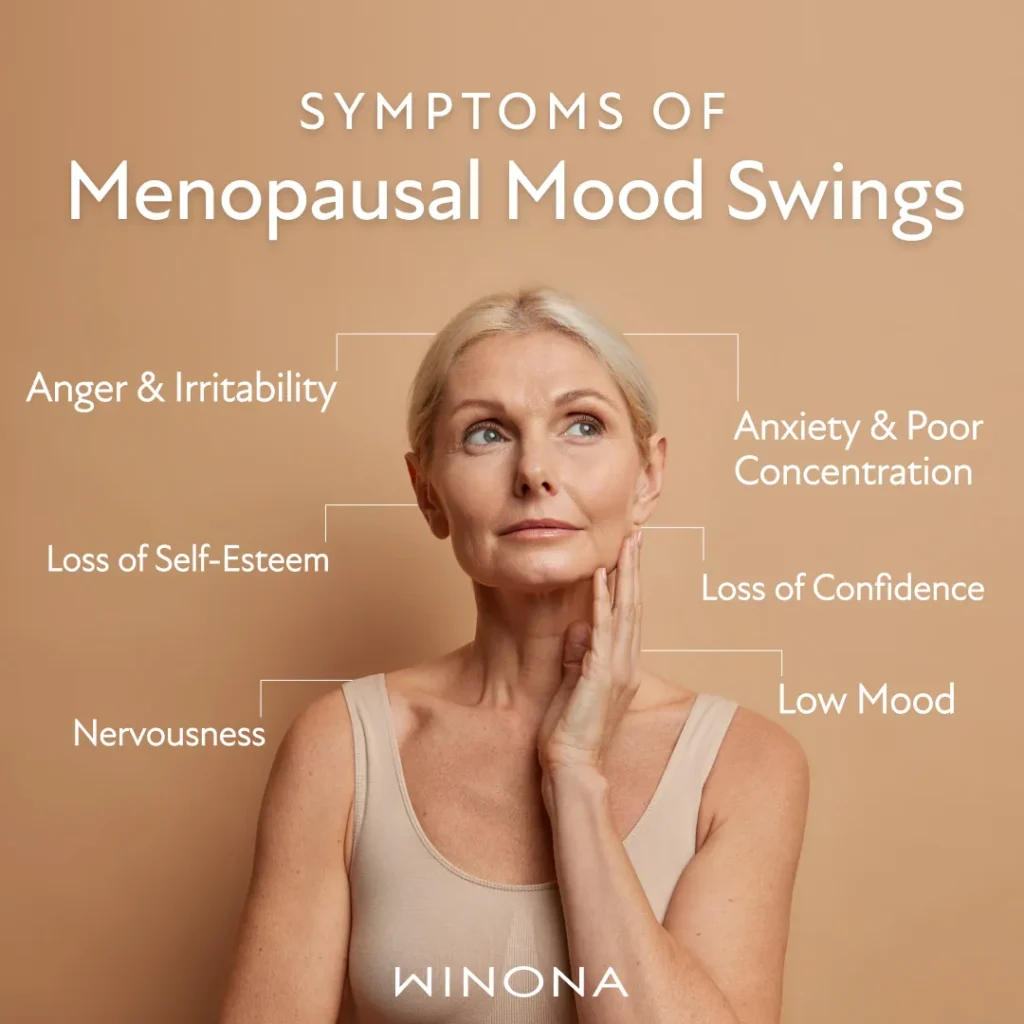
Navigating the Rollercoaster: Understanding Mood Swings During Menopause
Menopause is a natural stage in a woman’s life that marks the end of her reproductive years. It typically occurs between the ages of 45 and 55, although it can happen earlier or later for some women. Menopause is characterized by a variety of physical and emotional changes, including hot flashes, night sweats, weight gain, and mood swings. In this article, we will focus on understanding mood swings during menopause and how to navigate this rollercoaster of emotions.
What Causes Mood Swings During Menopause?
Mood swings during menopause are primarily caused by hormonal fluctuations. As a woman approaches menopause, her ovaries produce less estrogen and progesterone, which can lead to imbalances in mood-regulating neurotransmitters like serotonin and dopamine. These hormonal changes can disrupt the delicate balance of chemicals in the brain, leading to mood swings, irritability, anxiety, and depression.
In addition to hormonal changes, other factors can contribute to mood swings during menopause. These include:
– Stress: Menopause can be a stressful time for many women, as they may be dealing with physical symptoms, relationship issues, work-related stress, and other life changes.
– Sleep disturbances: Many women experience sleep disturbances during menopause, such as insomnia or night sweats, which can impact mood and emotional stability.
– Lifestyle factors: Poor diet, lack of exercise, and smoking can all exacerbate mood swings during menopause.
– Personal history: Women with a history of depression, anxiety, or other mood disorders may be more vulnerable to mood swings during menopause.
Navigating Mood Swings During Menopause
While mood swings during menopause can be challenging, there are several strategies that women can use to navigate this rollercoaster of emotions. These include:
– Hormone replacement therapy (HRT): HRT can help to balance hormone levels and alleviate mood swings, although it may not be suitable for all women due to potential side effects.
– Lifestyle changes: Eating a healthy diet, getting regular exercise, practicing relaxation techniques like yoga or meditation, and getting enough sleep can all help to improve mood and emotional stability.
– Counseling: Talking to a therapist or counselor can provide emotional support and coping strategies for dealing with mood swings during menopause.
– Support groups: Joining a support group for menopausal women can provide a sense of community and understanding, as well as practical tips for managing symptoms.
– Medications: In some cases, antidepressants or other medications may be prescribed to help manage severe mood swings during menopause.
FAQs About Mood Swings During Menopause
Q: Are mood swings during menopause normal?
A: Yes, mood swings are a common symptom of menopause and are caused by hormonal fluctuations.
Q: How long do mood swings during menopause last?
A: Mood swings can vary in duration and intensity, but they typically improve over time as hormone levels stabilize.
Q: Can diet and exercise help to alleviate mood swings during menopause?
A: Yes, eating a healthy diet and getting regular exercise can help to improve mood and emotional stability during menopause.
Q: When should I see a doctor about my mood swings during menopause?
A: If your mood swings are severe, persistent, or impacting your daily life, it is important to see a doctor for evaluation and treatment.
Q: Are there any natural remedies for mood swings during menopause?
A: Some women find relief from mood swings by taking supplements like black cohosh, evening primrose oil, or St. John’s wort, although the effectiveness of these remedies is not well-established.
In conclusion, mood swings during menopause are a common and challenging symptom that many women experience. By understanding the underlying causes of mood swings, implementing healthy lifestyle changes, seeking support from counseling or support groups, and considering medical interventions like HRT or medications, women can navigate this rollercoaster of emotions with greater ease and resilience. Remember, it is important to prioritize self-care and seek help if needed in order to manage mood swings during menopause effectively.